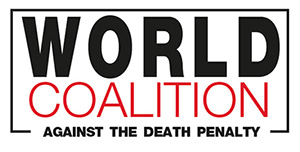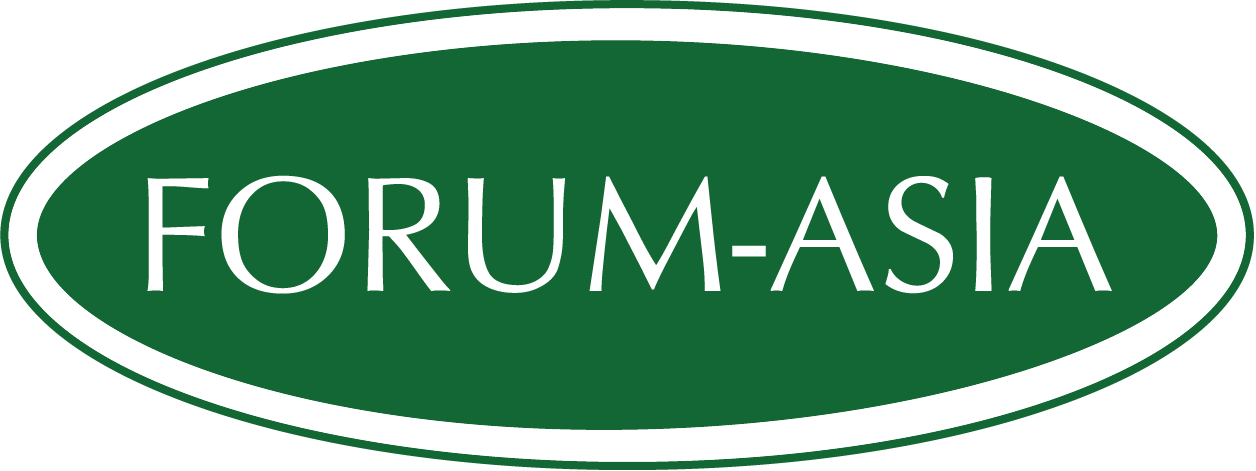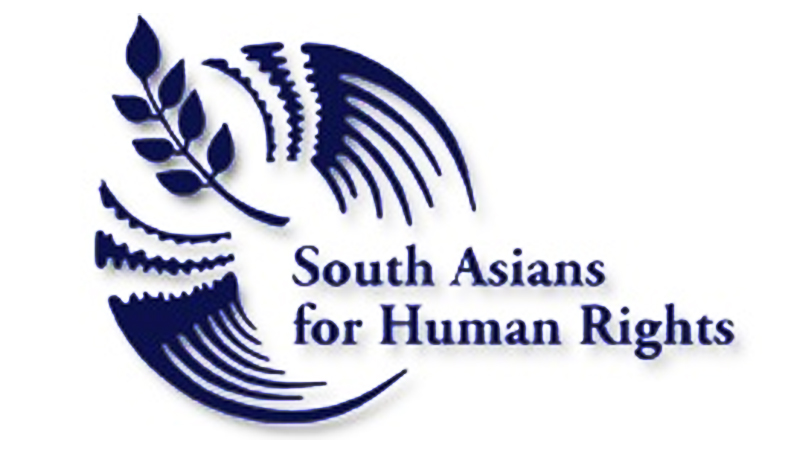FIDH – International Federation for Human Rights Report
The death penalty in North Korea: in the machinery of a totalitarian State
http://www.fidh.org/the-death-
In the 90’s, during the great famine, the regime extensively used the death penalty in order to maintain order through force and terror and thus dissuade any subversive act, including attempts to flee abroad. Over a thousand public executions would have been carried out in only a few years. Since then, the government has continued to use the death penalty on a large-scale as a repressive tool, executing individuals guilty of so-called “economical crimes”, “treason” or other crimes vaguely defined, basically applying capital punishment for anyone considered as disturbing public order.
“In North Korea, insignificant acts, which according to the regime affect the State’s legitimacy or ideology, including the cult of personality for the country’s leaders, can lead you to a firing squad”, declared Souhayr Belhassen, FIDH President.
|
Testimony
One of the persons FIDH met with witnessed the execution of a man in his thirties by firing squad in 2003. The latter was accused of cutting electric wires to sell them. The witness was told to attend the execution by the Party secretary working in his factory, in order to dissuade other workers from stealing electric wire. It happened in the South P’yŏng’an province, Sunchŏn city.
|
FIDH’s report stresses that the death penalty in North Korea is not only applied for crimes considered as non-serious under international law, but also in clear denial of the right to a fair trial. Charges are usually fabricated and sentences follow staged trials, if any trial at all. Public executions, which represent an extreme form of cruel, inhuman or degrading treatment, are widespread. Moreover, the borderline between executions resulting from the death penalty and “extrajudicial” executions is close to nonexistent.
|
Testimony
Another person witnessed a women executed in a stadium in 2006 for human trafficking and smuggling. Later, the same person saw the execution of a man who had stolen a cow to feed his family. He was publicly executed by firing squad in the market place.
|
FIDH hopes that the United Nations Commission of Inquiry on the situation of human rights in North Korea, whose members were nominated on May 7th, will shed light on the application of the death penalty and exhort the international community to place the issue of human rights at the heart of its interactions with North Korea.
Press contacts:
Arthur Manet (English, French, Spanish) – Tel: +33 6 72 28 42 94 (Paris) – presse@fidh.org
Audrey Couprie (English, French, Spanish) – Tel: +33 6 48 05 91 57 (Paris) – presse@fidh.org
To stay informed about forthcoming international human rights events, visit FIDH’s agenda
Follow us on Twitter
Category: Media Monitoring






